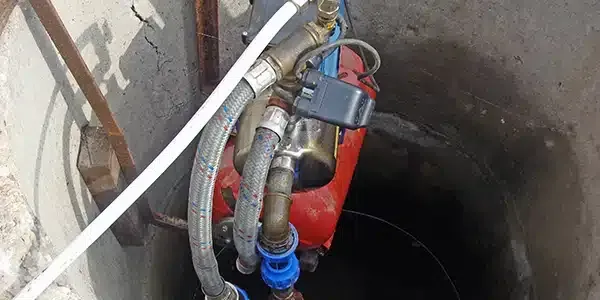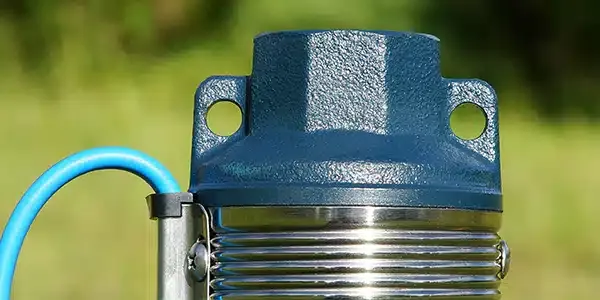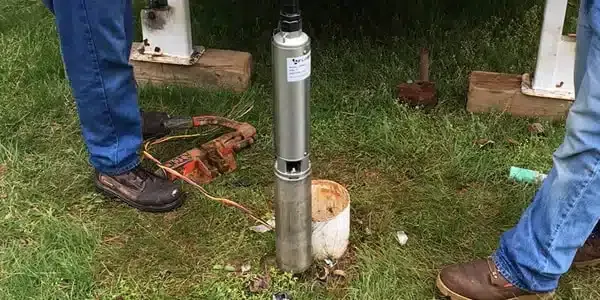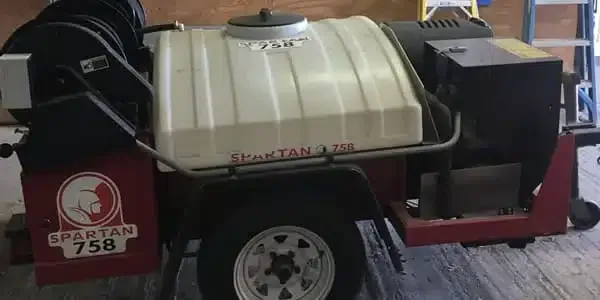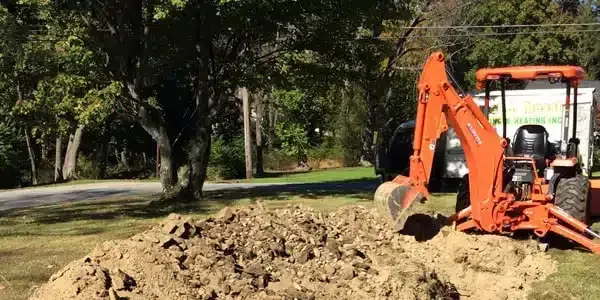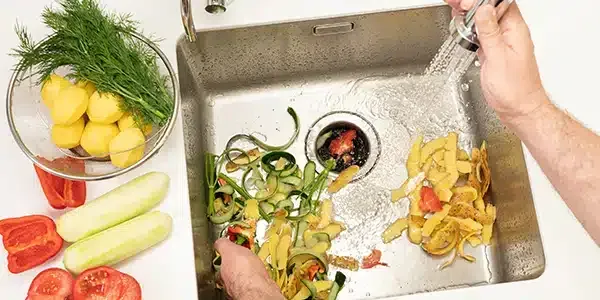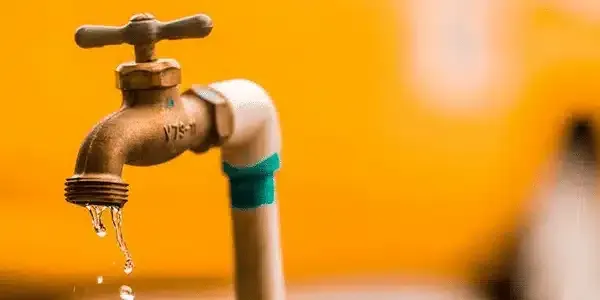Email: mjmessickplumbing@gmail.com
Address: 462A Route 31, Lambertville, NJ 08530
NJ Masters Plumbing License #8963

Call Us!

Email: mjmessickplumbing@gmail.com
Address: 462A Route 31, Lambertville, NJ 08530
NJ Masters Plumbing License #8963
Call Us!
Licence Number:
NJ Masters Plumbing License #8963
Email:
mjmessickplumbing@gmail.com
Address:
462A Route 31, Lambertville, NJ 08530






Business Hours:
Monday: 8:00 am – 5:00 pm
Tuesday: 8:00 am – 5:00 pm
Wednesday: 8:00 am – 5:00 pm
Thursday: 8:00 am – 5:00 pm
Friday: 8:00 am – 5:00 pm
Saturday & Sunday: Closed
Emergency Service Available
Content, including images, displayed on this website is protected by copyright laws. Downloading, republication, retransmission or reproduction of content on this website is strictly prohibited. Terms of Use
| Privacy Policy
